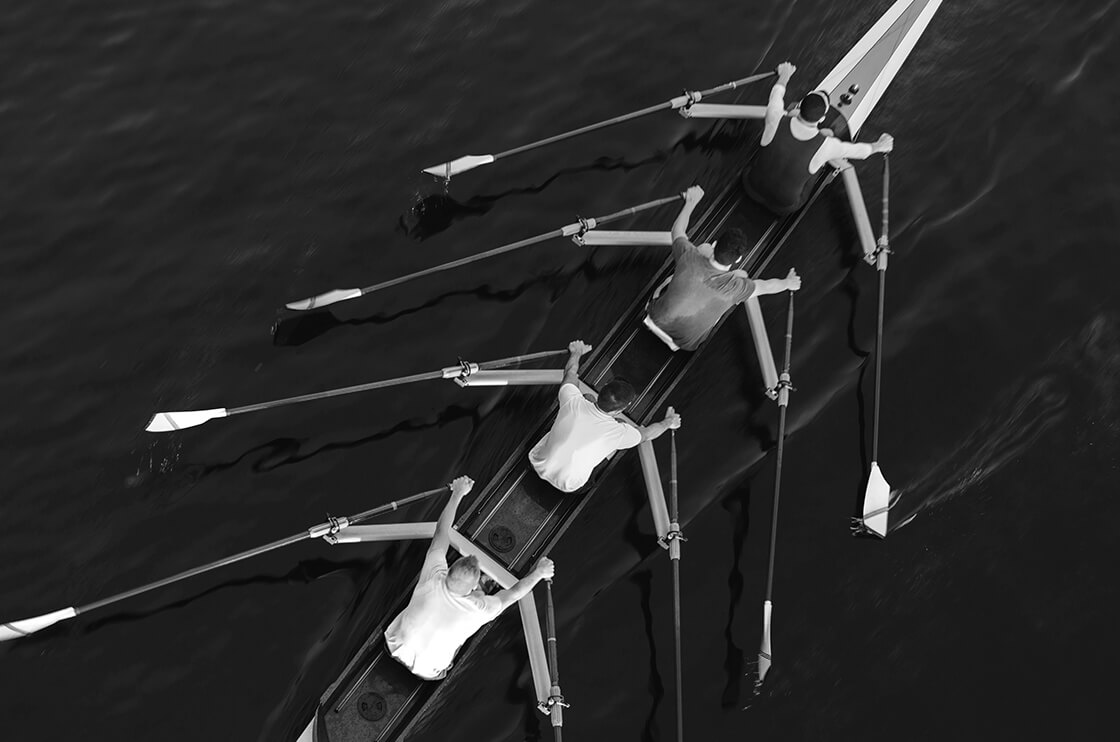Process
A well-defined process ensures change is systematic and structured.
Our process discovery approach
Processes are the backbone of any business, driving smooth operations and enabling growth. However, as businesses evolve, outdated processes can lead to slow decision-making, increased costs, and reduced customer satisfaction. Adapting and optimising these processes is essential to maintaining your competitive edge.

We recognise that processes are more than just steps. They are the lifeblood of your organisation. A well-defined process ensures structured and systematic change. However, many businesses face inefficiencies that are hard to detect, which can create significant barriers to growth.
We begin by deeply understanding how your processes interact with both employees and customers. This holistic view allows us to pinpoint inefficiencies and identify underlying issues like legacy systems, manual workflows, or misaligned departments. Involving your team in defining and refining processes ensures that changes are effective, engaging and sustainable.
Process challenges
Can you resonate with any of these challenges in your business?
Inefficiencies and lack of standardisation
Outdated practices and inconsistent procedures slow down operations and increase errors.
Overcomplexity and poor documentation
Too many layers or approvals create bottlenecks, while inadequate documentation makes processes challenging to follow.
Lack of
automation
Manual tasks waste time and resources that could be automated.
Poor
communication
Information silos hinder collaboration and slow decision-making.
Ways we can help
Our Business Process Discovery service is the perfect starting point for your transformation journey. From here we can provide a clear, data-driven understanding of your operations to help you with a combination of solutions.
Process mapping
Visualise workflows to identify bottlenecks and inefficiencies.
Digital transformation
Adopt AI, data analytics and cloud platforms to modernise processes and improve decision-making.
Automation
Implement technology to streamline repetitive tasks and reduce errors.
Lean methodology
Eliminate waste, streamline processes and optimise resource use by applying lean principles.
Standardisation
Create uniform procedures to ensure consistency, improve quality and reduce variability.
Related case studies

Major Fuel Retailer
A major fuel retailer sought to modernise their global operations by replacing outdated pump, in-store, and head office software across nine countries.

Global Sustainability Consultancy
Our prominent global sustainability consultancy client sought Tratech Consulting’s expertise to manage multiple simultaneous mergers and acquisitions (M&A) across various countries.

Public Sector
Tratech Consulting was tasked with supporting a public sector client during a critical transition, focusing primarily on the Accounts Payable (AP) department.





